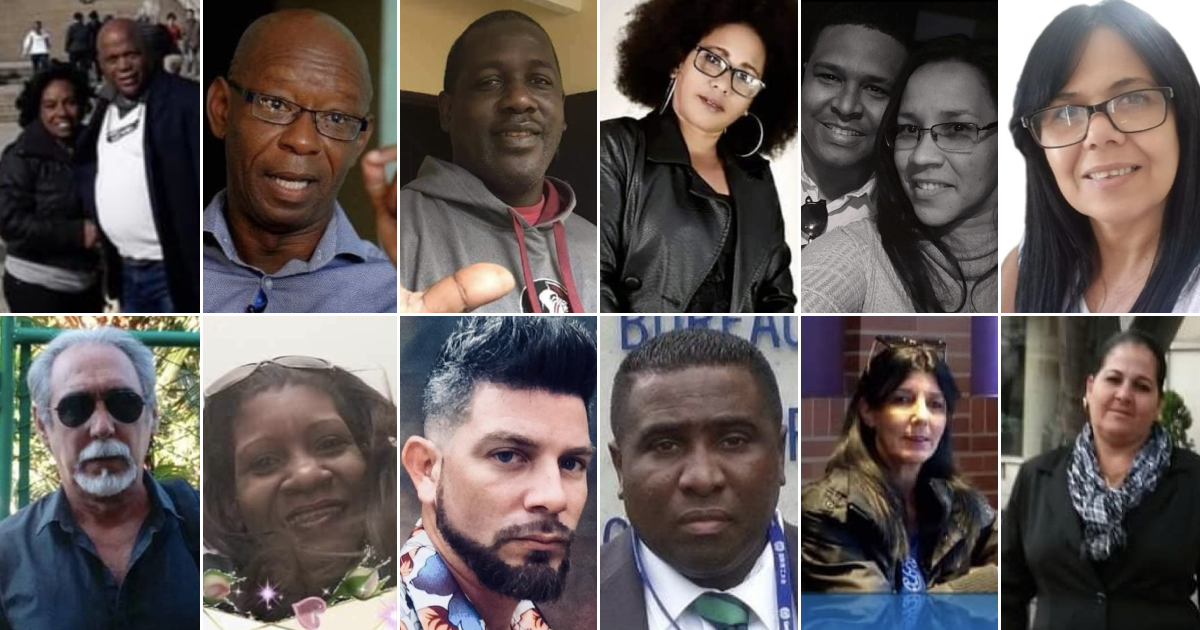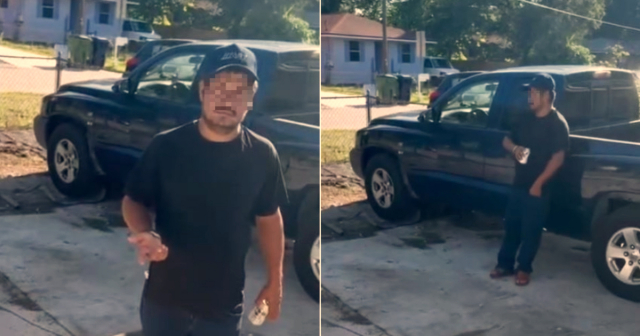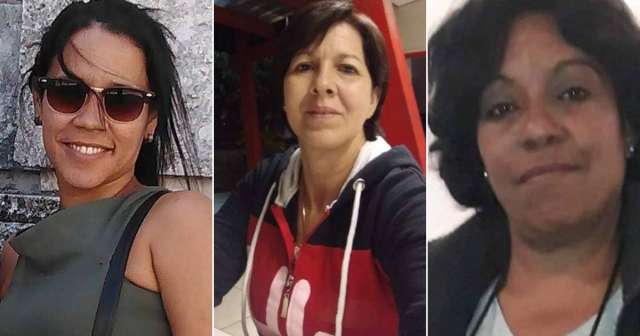
This week, State Security attacked the Citizens Racial Integration Committee (CIR), whose members were threatened so that they would not leave the house on Sunday May 1st.
The CIR, which is part of the independent civil society of Cuba, denounced that on Saturday the State Security Agent who calls himself Ricardo, appeared at the house of the activists Osvaldo Navarro Veloz and Marthadela Tamayo, leaders of this movement. , to inform them that they would not be allowed to leave their home on May 1, when an official march would be held in the Plaza de la Revolución.
"Don't even think about showing up at church," the repressor warned the activists, who attend services every Sunday, the organization explained on Facebook.
CIR had already denounced that for several weeks Etecsa has been restricting the data internet service to its members in complicity with the political police.
"It has been 15 days in a row that these activists do not have access to their mobile data, since their personal lines are blocked to be able to have 4G service and sometimes without mobile phone services. This is a public service that, as Etecsa clients, is paid for and very expensive!!!!", explained that Committee, which has maintained a surveillance action on the debates of the controversial Family Code.
The activist Boris González Arenas commented on the social network that the increase in repression against the CIR occurs when the consultation process on the Family Code has just closed this May Day, and the period of meetings of the Municipal Assemblies of Popular Power .
There are "many actions that the State is going to carry out and they seek to silence those who impose their voice against all odds," he expressed.
Recently Marthadela Tamayo explained that theindependent civil society of Cuba identified and denounced deficiencies in the popular consultation process of the Family Code.
The Voting Rights Observatory (ODE), as part of the CIR, deployed its members to different locations, mainly in Havana, to independently monitor the discussion process of the Code, where topics of interest such as family diversity and the right of people to build a filial environment in freedom.
"Within Cuba we know that the debates are controlled, that bills are discussed that are endorsed by the structures of state power that are not voted on in any of their instances and this also caught our attention," said Tamayo.
In the first days of the debate, the ODE detected a group of deficiencies, such as the lack of disclosure of the calendar of meetings where residents can know when the meetings will occur, a big difference between the format of the pilot meetings transmitted by the official press and the way in which they develop in the majority of the neighborhoods consulted, absence of neighbors, among others, and despite their complaints they have not received answers to them from the regime.
The activist stressed last year that the island lives under a vertical experience of a totalitarian socialist nature where citizen rights are mutilated and the policy of horizontal dialogue is absent.
He commented that independent Cuban activists from the Citizens Committee for Racial Integration (CIR) have accompanied electoral supervision processes since 2017, buthave had to face agents of the Cuban state violating their rights by using excessive force, through arbitrary detentions of up to 72 hours accompanied by interrogation processes.
What do you think?
COMMENTFiled in:






